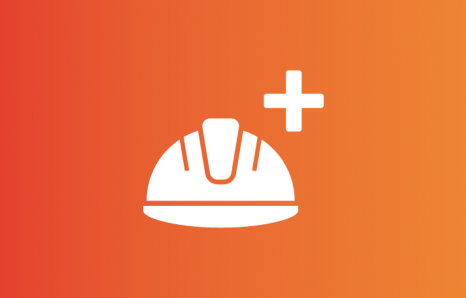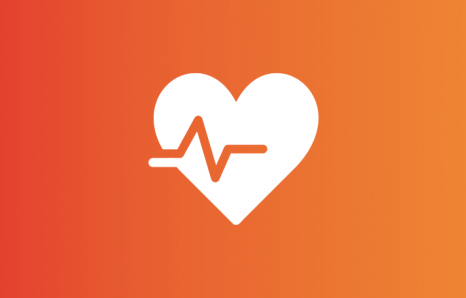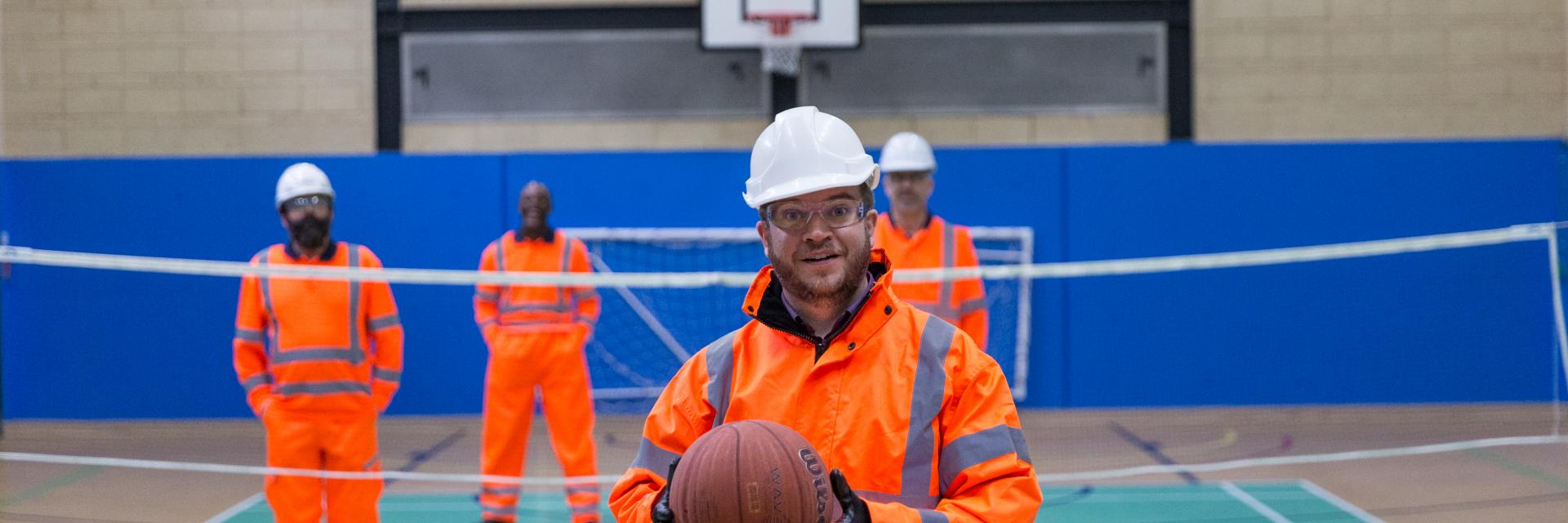Topic
Category
Year

How to deal with work-related violence
Everyone should be able to do their job without someone threatening, assaulting or harming them. But on the railway’s front line, sadly, that isn’t always the case. In fact, RSSB statistics show that a staggering 94.1% of frontline staff have experienced workplace abuse. In this session, British Transport Police’s Inspector Keith Barnes describes how incidents of violence against railway staff can occur and how to de-escalate them. He also talks about how body-worn cameras can be both a deterrent and an aid to evidence-gathering once an assault has occurred.

How the modern world is changing children
Gain insight on how the rapid changes in today's world are influencing children's brains. As technology advances and urbanisation intensifies, children face both unique opportunities and significant challenges. This session will delve into how these factors impact cognitive functions, behaviour, and emotional wellbeing. Prof. Sam Wass discusses how modern technology can affect children’s brains and what parents and carers can do to support children’s attention in the age of constant digital distraction.

Footcare for the railway industry
Good footwear that meets health and safety requirements is essential in the industry but knowing how to take care of what goes inside your boots (feet) is also important. By taking care of your feet, foot and ankle injuries can be avoided. This can also improve overall comfort when working long hours on uneven surfaces. Kelly Edwards, a podiatrist with experience working with the railway industry, shows you simple ways to help you feel better and healthier on your feet.

Mental health toll of being on the road
Drawing from his experience in the music industry, Dr Simon Rowbottom shares insights into how long hours, night shifts, being on the road and time away from home can contribute to some significant mental health issues. He also offers practical tips on how to improve health and wellbeing when working irregular and long hours and sometimes away from home.

A manual for being human
Dr Sophie Mort helps you understand why we all feel anxious, stressed, insecure and down from time to time. Her three-step methodology helps you to identify problems arising from past experiences and current life events, and look at the patterns, bad habits and negative cycles that may make you feel stuck. Then, by drawing on established, proven therapeutic techniques, provides a toolkit of go-to techniques to use whenever you need them. This session offers support to those feeling lost at sea in today’s troubling times and gives you the tools to help get the most out of life.

How to spot poor mental health in a colleague
Through the many interactions you have with your colleagues, you get to know how they behave. Perhaps you've noticed changes in someone's behaviour, and you're concerned as to how they might be coping? Everyone's experience of mental health is different, so there are no hard and fast rules, however, there are certain signs that you can look out for which may be indicative of low mental wellbeing. In this session, Sean Liddell, a Mental Health First Aid Trainer helps you to recognise them.
